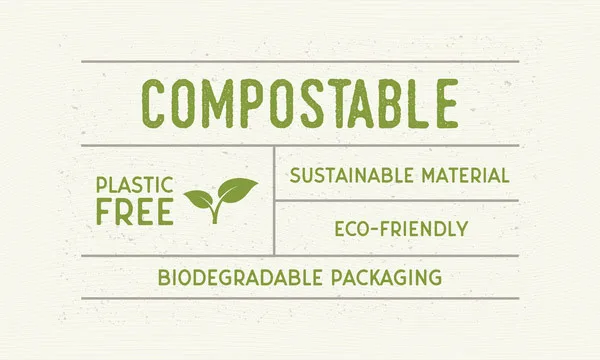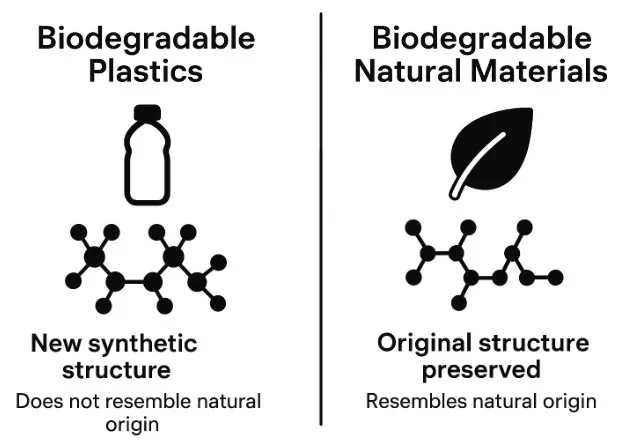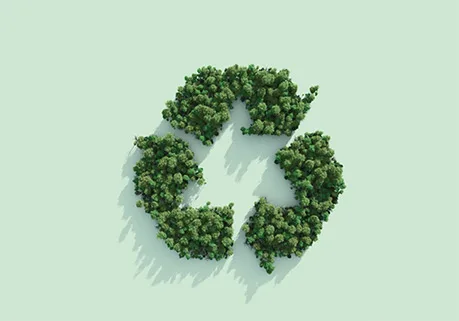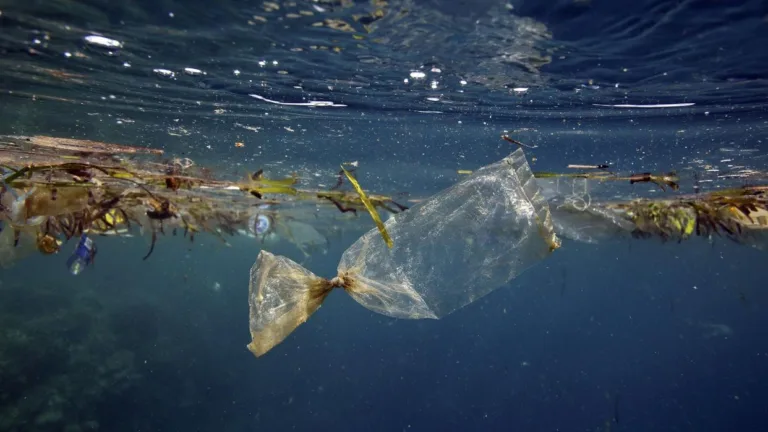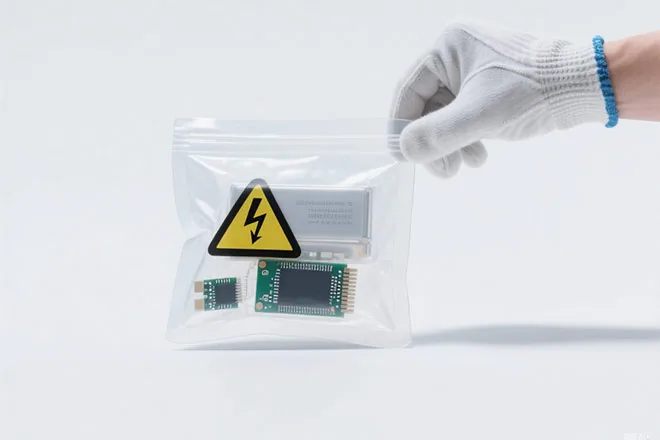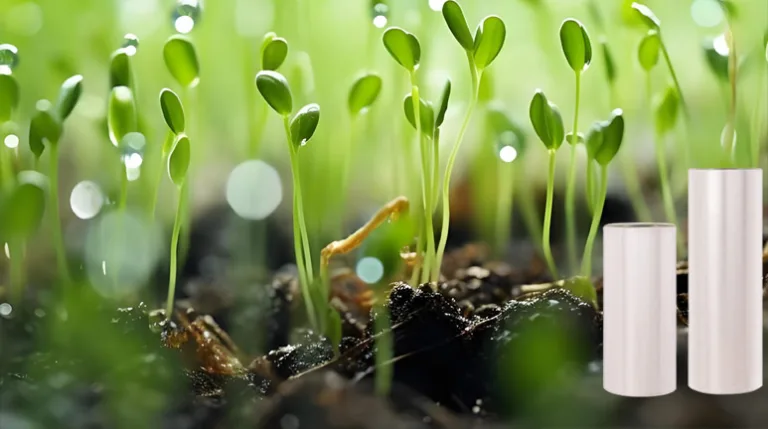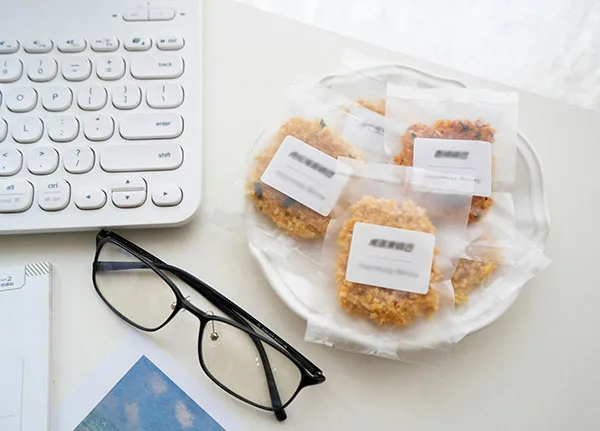Compostable vs. Biodegradable Packaging — Understanding the Difference for Sustainable Choices
1. Introduction
As sustainability becomes a global priority, businesses and consumers are actively searching for eco-friendly packaging options. Two terms often used — biodegradable packaging and compostable packaging — sound similar but have important differences. Choosing the right one can reduce environmental impact and strengthen your brand’s green credentials.
If you’re exploring natural cellulose film packaging or other plant-based solutions, understanding these differences will help you make the best choice.
2. All Compostable Products Are Biodegradable
Compostable products are a subset of biodegradable materials. This means:
- Every compostable product is biodegradable.
- But not all biodegradable products are compostable.
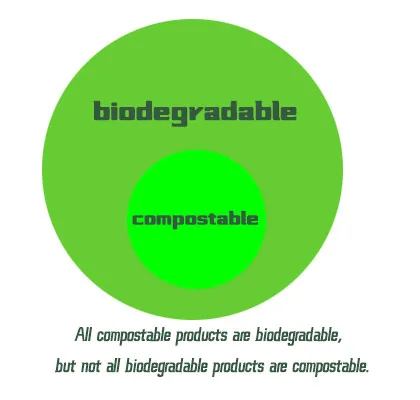
Compostable items are designed to break down in a controlled composting environment(heat, moisture, oxygen) within a specific timeframe (usually around 180 days in industrial composting). They decompose into carbon dioxide, water, and nutrient-rich soil without leaving harmful residues.
Example: Compostable cellulose film made from wood pulp can completely return to the soil without pollution.
3. Compostable vs. Biodegradable Regulations
A key difference is that compostable materials are regulated and certified, while biodegradable is not:
- Compostable products must meet strict standards (e.g. ASTM D6400, EN 13432) and undergo testing to ensure they do not leave toxins.
- Biodegradable simply means that microorganisms (like bacteria or fungi) can break down the material. However, there is no set time limit, and no guarantee that the breakdown is safe for the environment.
For example, some so-called biodegradable plastics may take decades or even centuries to degrade, and they may leave behind microplastics or harmful chemicals.
This is why biodegradable does not always mean environmentally friendly. Compostable, on the other hand, is safe, regulated, and truly circular.
4. Key Differences — Compostable vs Biodegradable Packaging
| Feature | Biodegradable Packaging | Compostable Packaging |
|---|---|---|
| Decomposition Time | Months to decades | Weeks to months |
| End Product | Could be microplastics or inert residues | Nutrient-rich compost |
| Environmental Benefit | Limited | High |
| Conditions Needed | Natural or industrial degradation | Industrial or home composting |
| Soil Health Impact | Usually none | Improves soil quality |
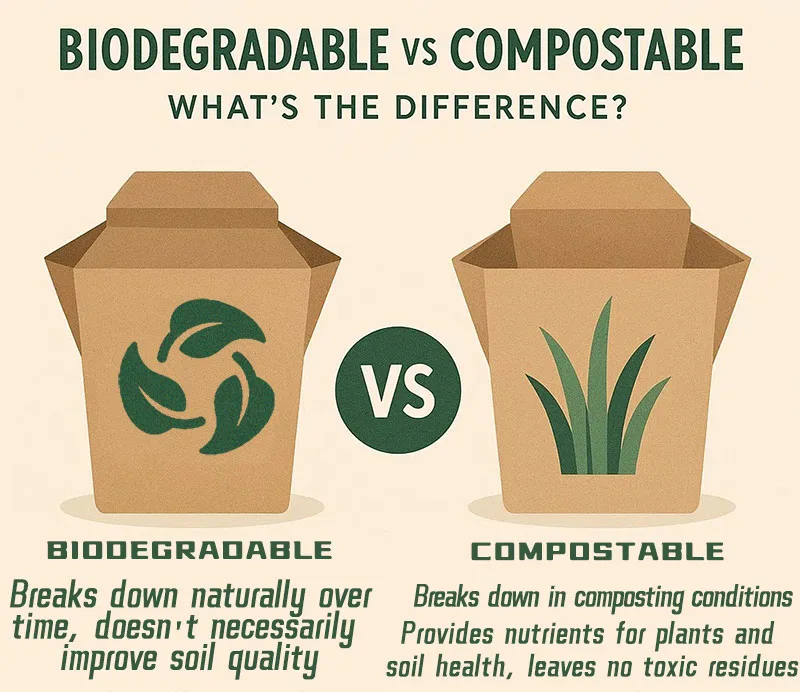
Key Takeaway
- Compostable = Biodegradable + Certified Safe + Time-Limited
- Biodegradable ≠ Compostable (not all biodegradable products are sustainable)
If you want packaging that returns to nature safely and quickly, compostable materials are the more reliable choice.
5. Best Materials for Compostable Packaging
To achieve both performance and sustainability, compostable materials are preferred over generic biodegradable plastics. Common options include:
- Natural Cellulose Film (transparent, plant-based, food-safe)
- Paper & Cardboard (FSC-certified)
- Seaweed-based Films
- Mushroom-based Packaging
- Bagasse (sugarcane fiber)
These materials fully break down without leaving microplastic pollution.
Learn more about Biodegradable Materials >>
6. Why Natural Cellulose Film Stands Out
Compared to typical biodegradable plastics, compostable cellulose film offers:
- 100% compostability (home or industrial)
- Transparency & high barrier protection for food
- Anti-static & dust-free surface
- Made from renewable plant-based resources
- No microplastic residues
Applications include:
- Fresh fruit & vegetables
- Bakery products
- Cheese & meat packaging
- Confectionery & snacks
- Tea & coffee bags
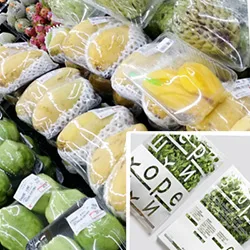

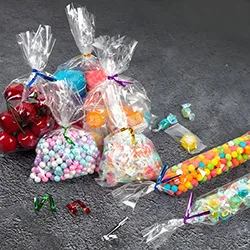
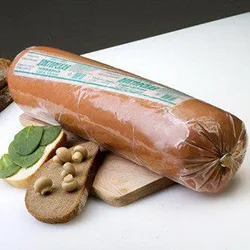


7. Conclusion
While all compostable materials are biodegradable, not all biodegradable materials are compostable. For truly eco-friendly packaging, choose materials that break down quickly and return nutrients to the earth — like natural cellulose film packaging.
Switching to compostable cellulose film not only reduces waste but also builds a strong, sustainable brand image.
ABOUT KEDE NATURAL CELLULOSE FILM
Natural Cellulose Film offers the perfect balance of sustainability, safety, and performance, making it the ideal choice for a wide range of packaging needs.
We are a long-established manufacturer specializing in Natural Cellulose Film, with nearly two decades of industry expertise. Whatever your sector, we can customize films to meet your exact requirements — from size and thickness to printing and special treatments.
Our Vision: To become the world’s No.1 brand in Natural Cellulose Film manufacturing.
📩 Contact us today for samples, quotations, or custom solutions tailored to your business.

Shaoxing KEDE New Material Co., Ltd.
Tel:+86-575-85749268
Factory Address: Jiuyiqiu, Haitu Binhai Industrial Zone, Keqiao, Shaoxing, Zhejiang, China
